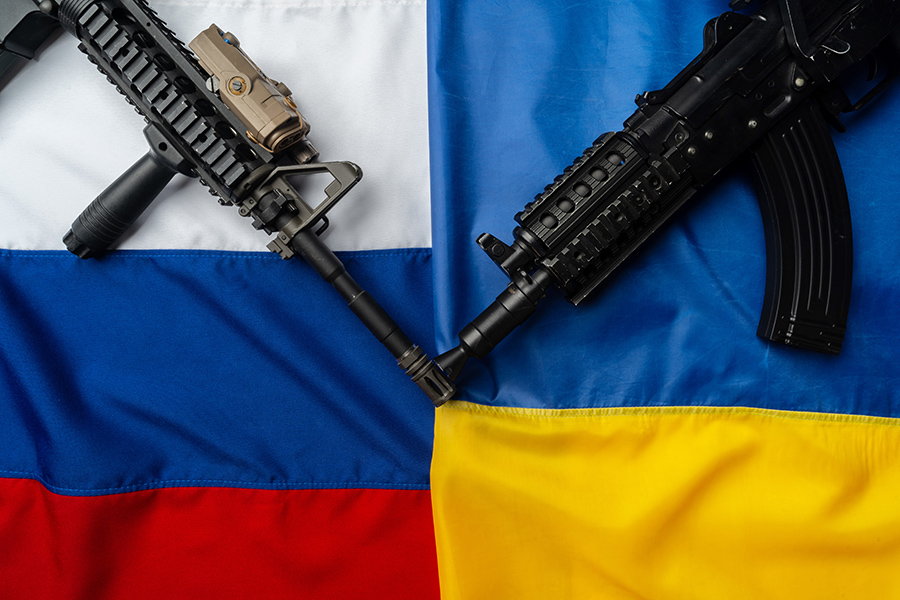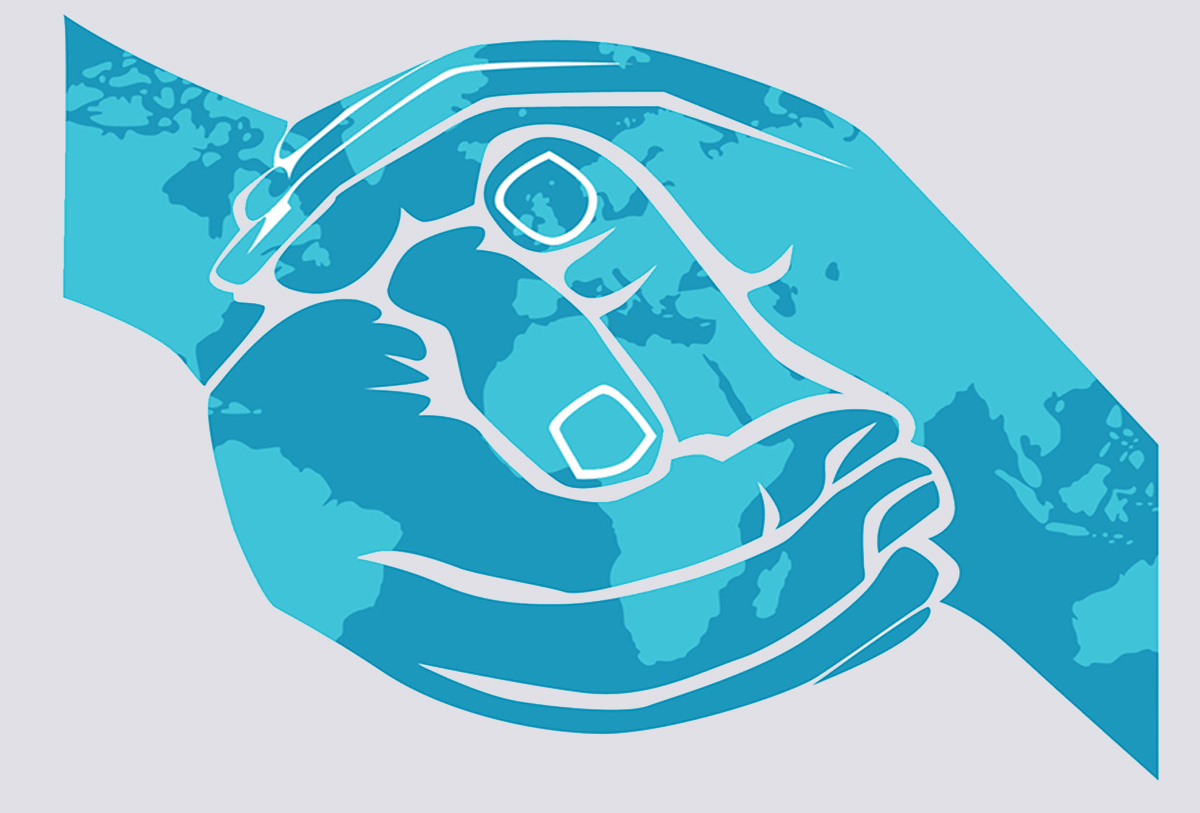The Global Security Institute condemns the Russian military action against Ukraine. It is as an act of aggression.
It violates the Budapest Memorandum on Security Assurances of 1994 signed by Ukraine, Russia, US, and the UK and later adopted by France and China. That agreement led to Ukraine’s relinquishing the world’s third-largest nuclear arsenal, which was stationed on its soil, joining the Nuclear Nonproliferation Treaty as a non-nuclear weapons state, and expecting that the promise of the five others to respect the integrity of its borders and sovereignty would be fulfilled. Russia has violated that legally formalized promise to the detriment of the security of the entire world. Undermining such trust amongst nations is immeasurably grave.
Russia has brazenly violated well-settled international law. The threat or use of force to resolve such disputes as are at issue in the Ukraine is prohibited under Article 2 of the UN Charter. Russia was not under any threat that offered no recourse other than force. In fact, President Putin, in ordering military attacks against Ukraine, has committed a Crime Against Peace in violation of the UN Charter by planning, preparing, initiating, and waging a war of aggression.
The scale of such violations in this instance is enormous, and its brazen nature flagrant. Any grievances and unresolved conflicts that Russia may have with Ukraine and the United States/NATO are insignificant compared to this misconduct. Moreover, many diplomatic mechanisms were and remain open to resolve them peacefully. These criminal acts exist regardless of similar misconduct by other nations, such as US conduct in Iraq or China in Tibet.
Russia’s acts of war will burden Ukraine with an enormous cost in human suffering, stimulate a massive crackdown on the civil liberties of Russians who respect international law and peace, risk expanding the conflict, and even place the entire world at grave risk of elevation to a nuclear exchange.
The chaos of war could put the 15 nuclear energy plants in Ukraine in danger. Neither Russia, the United States, France, the UK, nor NATO have promised to ensure that nuclear weapons not be introduced into the conflict nor that they will refrain from threatening or using such devices first. They should express such restraint clearly and fast.
War has no place in the 21st century when humanity already needs to address so many pressing issues that require new levels of solidarity and cooperation, such as climate change, eliminating poverty, public health, protecting the health of the oceans, and immediate cooperation in addressing the pandemic, and fulfillment of the Sustainable Development Goals.
We regret that better use was not made of diplomacy, mediation, and common security mechanisms earlier in the conflict to address and resolve historical grievances. We now call the international community to use all non-military means possible, including those outlined in Articles 33 – 41 of the UN Charter. These provisions of the UN Charter provide a route to mitigate, contain, and reverse the dangerous present situation and provide diplomatic tools to obtain peace. We encourage the utilization of further diplomatic mechanisms available in the Organization for Security and Cooperation in Europe (OSCE), in which both the US and Russia are participants. The OSCE should convene a high-level emergency meeting. We further urge an emergency meeting of the Security Council, a fast ceasefire, and a UN force to ensure the peace.
We support all efforts to promote dialogue and conflict resolution, that seek to establish sustainable peace and which aspire for a world where governments focus their resources on obtaining human security rather than pursuing military nationalism and engaging in violent aggression.
The Russian invasion dishonors the Russian people, is an affront to the security of the entire world, is illegal, and should not be tolerated. It requires a united engagement from all peoples and nations that value world security, human security, and peace.
Media Contact:
Jonathan Granoff, President Global Security Institute
Suite 1B, 220 East 49th St., New York City, NY 10017
granoff@gsinstitute.org
Jonathan Granoff is the President of the Global Security Institute, a representative to United Nations of the World Summits of Nobel Peace Laureates, a former Adjunct Professor of International Law at Widener University School of Law, and Senior Advisor to the Committee on National Security American Bar Association International Law Section.







